As more homeowners turn toward sustainable living, the reuse of greywater—wastewater from sinks, showers, and laundry—has gained popularity in gardens and indoor plant care. One plant that might benefit from this eco-conscious approach is the Areca Palm (Dypsis lutescens), a tropical houseplant known for its lush, air-purifying fronds. But can greywater really be used safely on Areca Palm? And if so, what are the best practices?
In this article, we’ll explore the dos and don’ts of using greywater on Areca Palm, its potential risks, and how to implement safe, plant-friendly greywater habits in your home.

What Is Greywater?
Greywater refers to lightly used water from household sources like bathroom sinks, showers, bathtubs, and laundry machines. It does not include blackwater, which comes from toilets and contains harmful waste and pathogens.
While greywater is not safe for human consumption, it often contains enough nutrients and moisture to be reused in gardens and plant pots—if handled correctly.
Also Read- Areca Palm Vs Bamboo Palm: Which One Should You Choose For Your Space?
Is Greywater Safe for Areca Palm?
The short answer: Yes, but with caution.
Areca Palm is relatively adaptable, but it is sensitive to chemical buildup and changes in soil composition. If used improperly, greywater can harm the plant due to the presence of soap residues, salts, and disinfectants.
To protect your Areca Palm, only use greywater that is free of harmful chemicals and has been cooled and filtered when necessary.
Benefits of Using Greywater for Areca Palm
- Reduces freshwater consumption, making plant care more eco-friendly
- Conserves water during droughts or in areas with limited water supply
- Saves money on utility bills
- May provide trace nutrients from body oils or organic soap residues (in small, plant-safe amounts)
Also Read- Areca Palm and Dubai’s Humidity: A Guide to Balanced Indoor Air Quality
What to Avoid in Greywater for Areca Palm
-
Harsh Soaps and Detergents
Products containing bleach, boron, chlorine, ammonia, or artificial fragrances can damage the roots and alter soil pH. These chemicals can cause leaf burn, root rot, or stunt the palm’s growth. -
Laundry Water with Fabric Softeners
Softener residues coat the soil and limit oxygen flow, which is harmful for potted plants like Areca Palm. -
Hot Water
Let greywater cool before use. Hot water can shock the roots and damage the plant. -
Water with Food Waste or Oils
Greywater from kitchen sinks often contains fats, grease, or leftover food particles. These materials attract pests and lead to root decay. Avoid using kitchen greywater altogether. -
Overuse
Repeated use of untreated greywater can lead to salt buildup in the soil, which restricts water absorption and leads to dehydration or nutrient lockout.
Safe Greywater Sources for Areca Palm
- Water from a cool shower (no shampoo/conditioner residues)
- Water used for rinsing hands with mild, natural soap
- Final rinse cycle from laundry if a plant-safe detergent is used
- Water used to wash fruits or vegetables (without added chemicals)
The key is to use biodegradable, non-toxic, and low-sodium products whenever greywater is likely to be reused for plants.
Also Read- How To Use Indoor Plants To Reduce Noise Pollution: Natural Ways To Create a Quieter Home
How to Use Greywater Safely on Areca Palm
-
Filter Before Use
Use a cloth or mesh strainer to remove hair, lint, or debris from greywater before applying it to your plant’s soil. -
Dilute When Needed
Mix greywater with equal parts fresh water to reduce the concentration of any leftover chemicals or salts. -
Rotate with Fresh Water
Don’t rely exclusively on greywater. Alternate with clean water weekly to flush the soil and prevent salt accumulation. -
Apply Only to Soil
Avoid pouring greywater over the leaves. Always apply at the base to minimize the risk of leaf damage or fungal infections. -
Observe the Plant
Watch for signs of stress, such as browning tips or yellow leaves. If symptoms appear, stop using greywater and flush the soil with clean water.
How Often Can You Use Greywater on Areca Palm?
For a healthy balance, you can use safe greywater once or twice a week. Always monitor the moisture level and ensure the soil drains well to avoid soggy conditions that may lead to root rot.
If your Areca Palm is in a large pot with good drainage, it can tolerate greywater more regularly. In smaller containers, be extra cautious, as chemical buildup occurs faster.
Natural Soap Alternatives for Greywater Use
If you want to make greywater part of your regular plant-care routine, consider switching to plant-safe cleaning and personal care products, such as:
- Biodegradable soaps made from natural oils (like castile soap)
- Low-sodium, greywater-safe laundry detergents
- Fragrance-free and boron-free shampoos and conditioners
These choices not only protect your Areca Palm but also help the environment.
When Not to Use Greywater
- If the plant is newly potted or recently repotted
- During fertilization weeks (to avoid nutrient imbalance)
- If the soil is already salty or has poor drainage
- On seedlings or young Areca Palms (sensitive roots)
Conclusion
Using greywater on Areca Palm is an excellent way to support sustainable plant care—if done right. By choosing the right source of greywater, avoiding harsh chemicals, and observing how your palm responds, you can safely reuse household water and still enjoy a healthy, thriving indoor plant.
Just remember: not all greywater is safe, and moderation is key. With a mindful approach, your Areca Palm can benefit from an eco-friendly watering routine while helping you cut down on water waste.


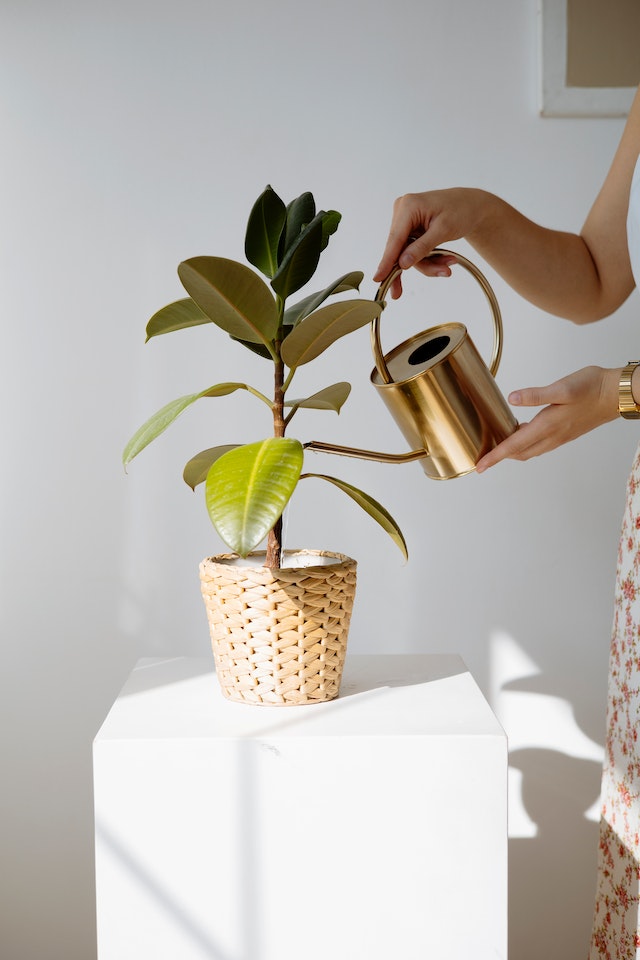



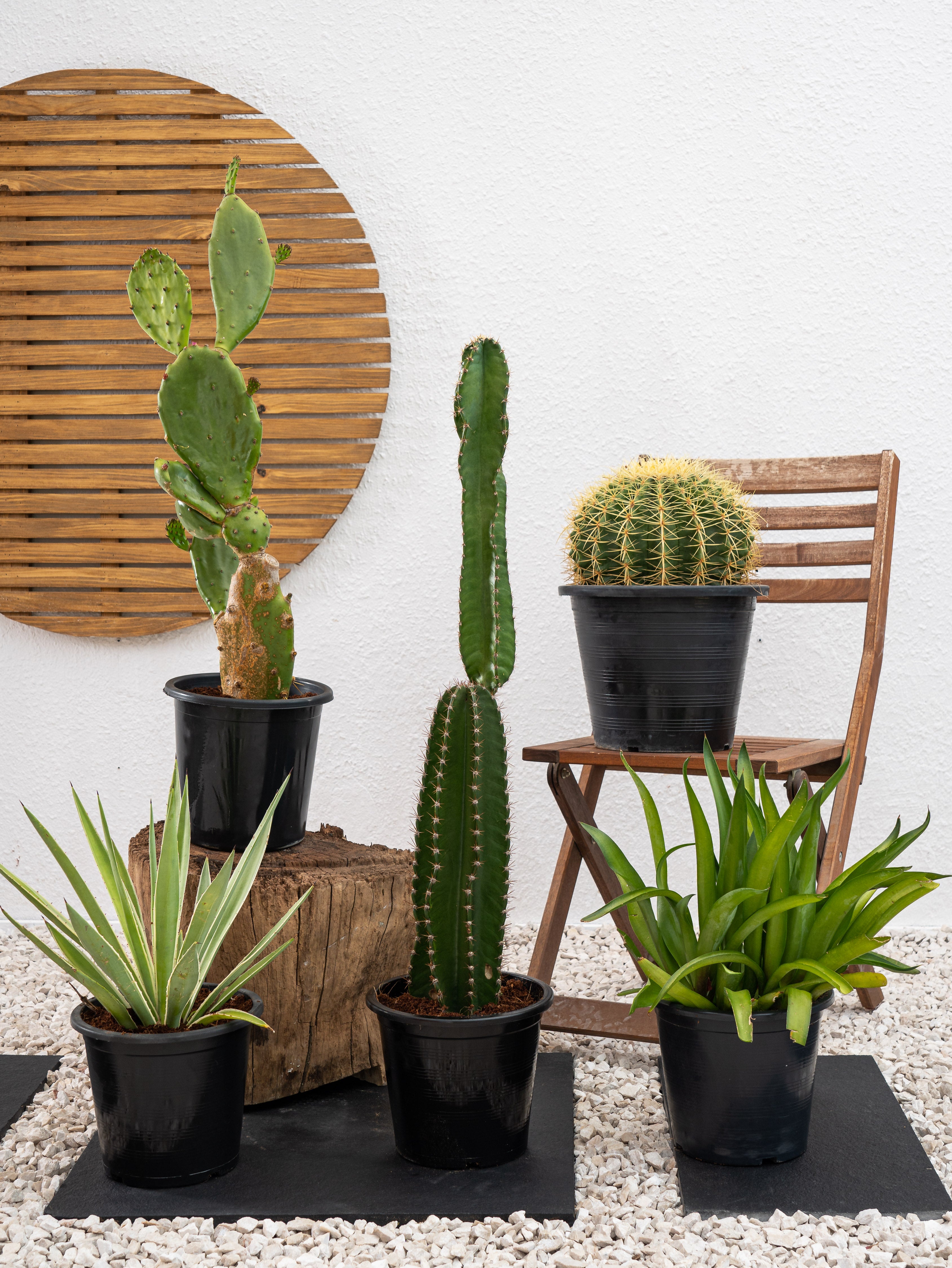
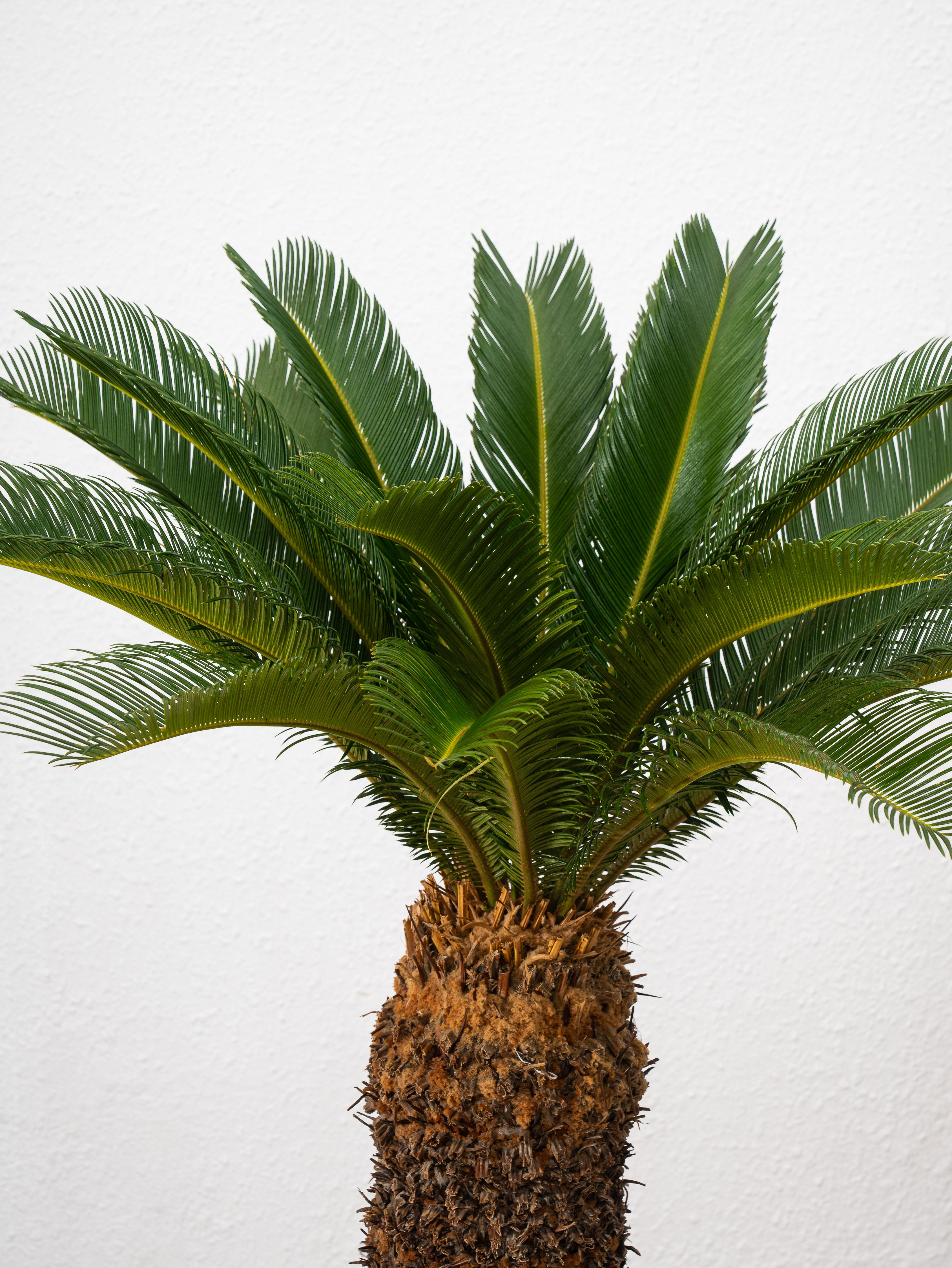
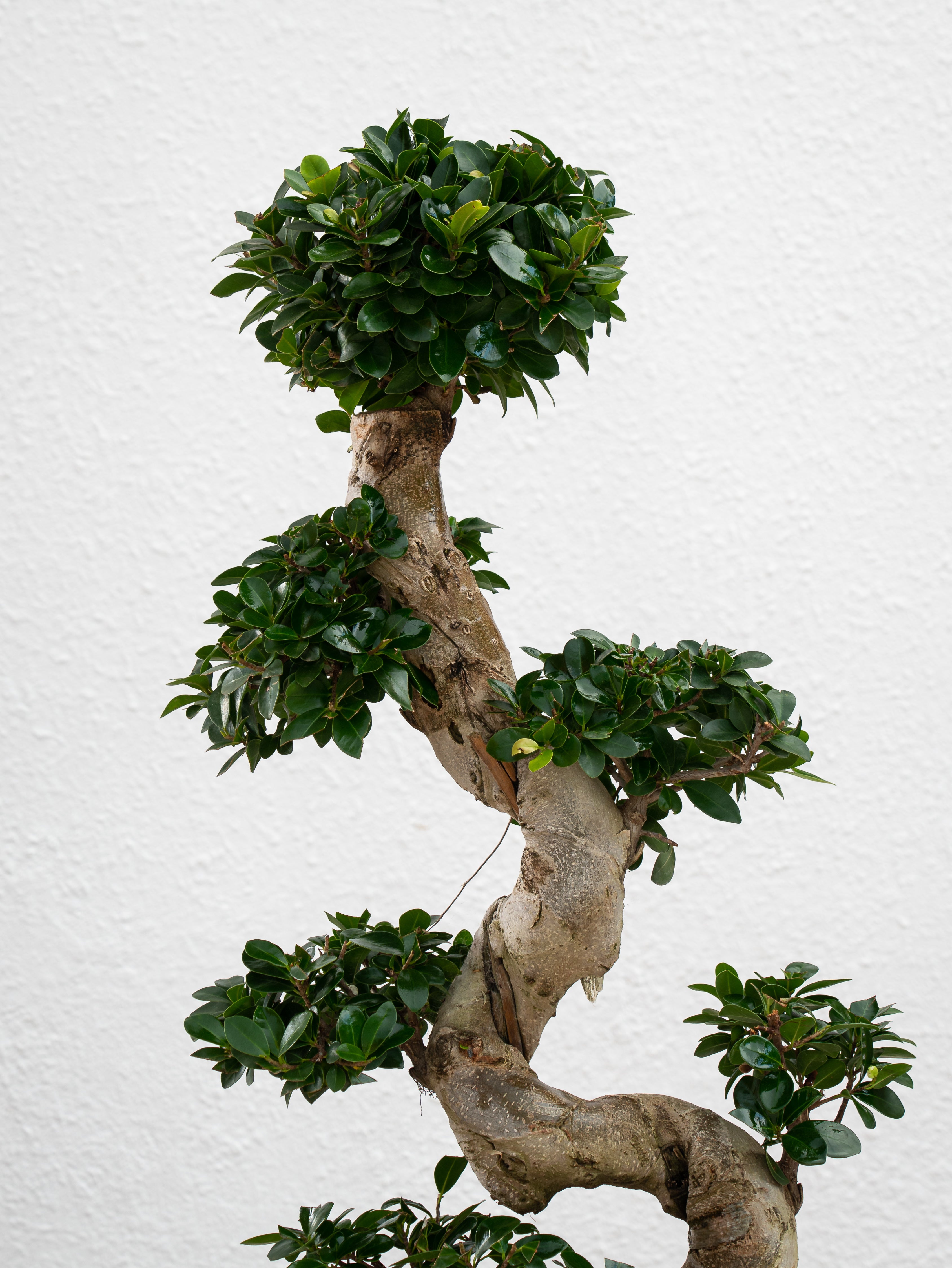
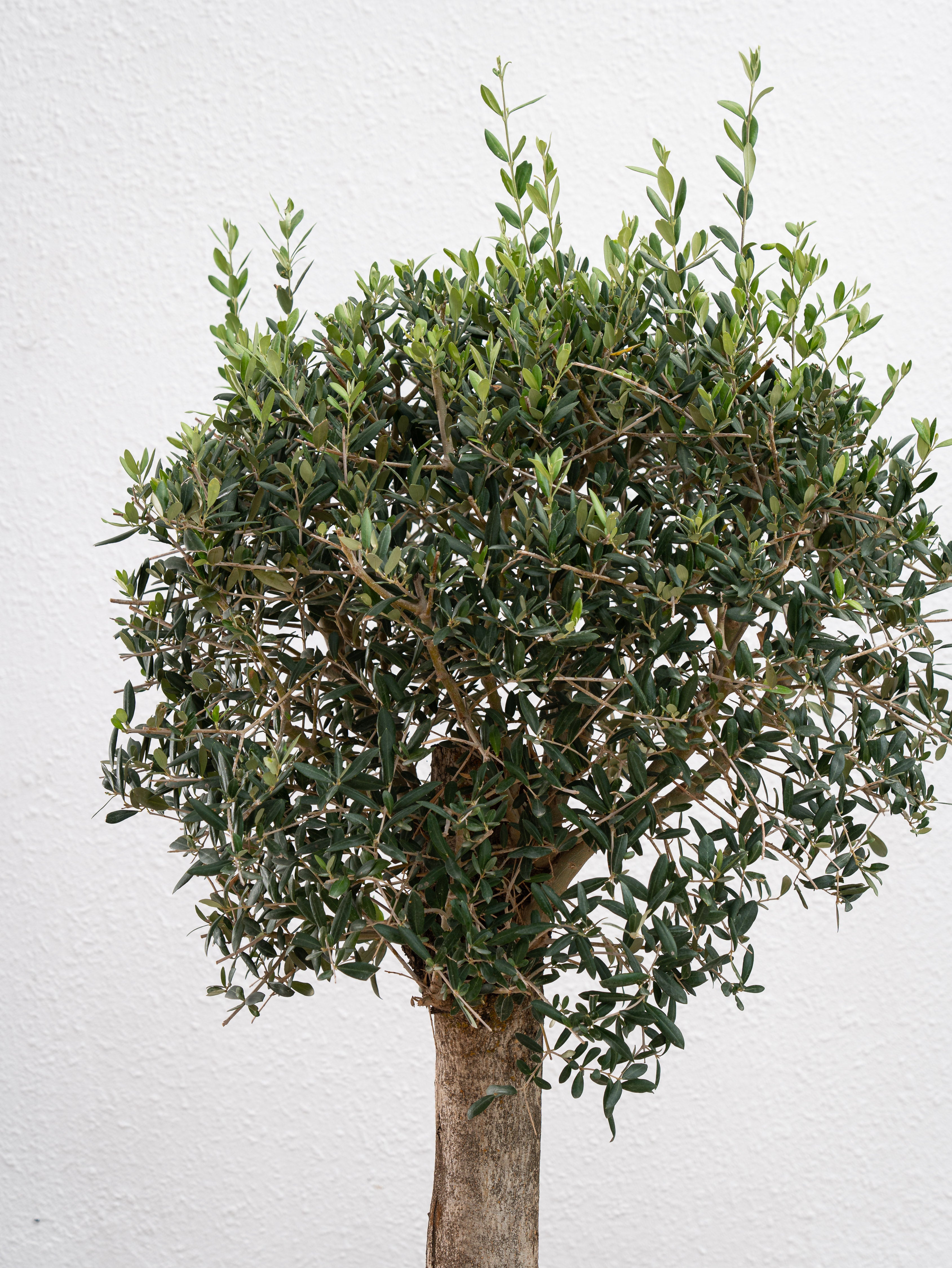
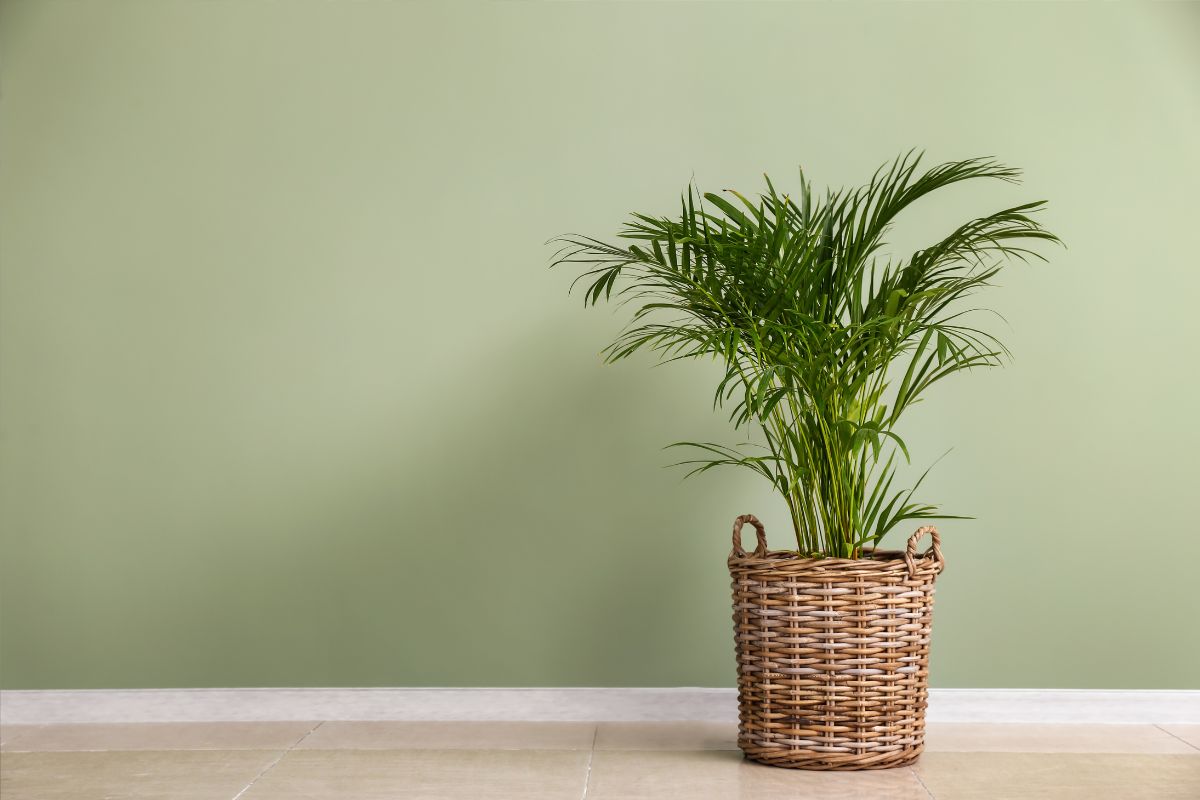


Leave a comment
This site is protected by hCaptcha and the hCaptcha Privacy Policy and Terms of Service apply.